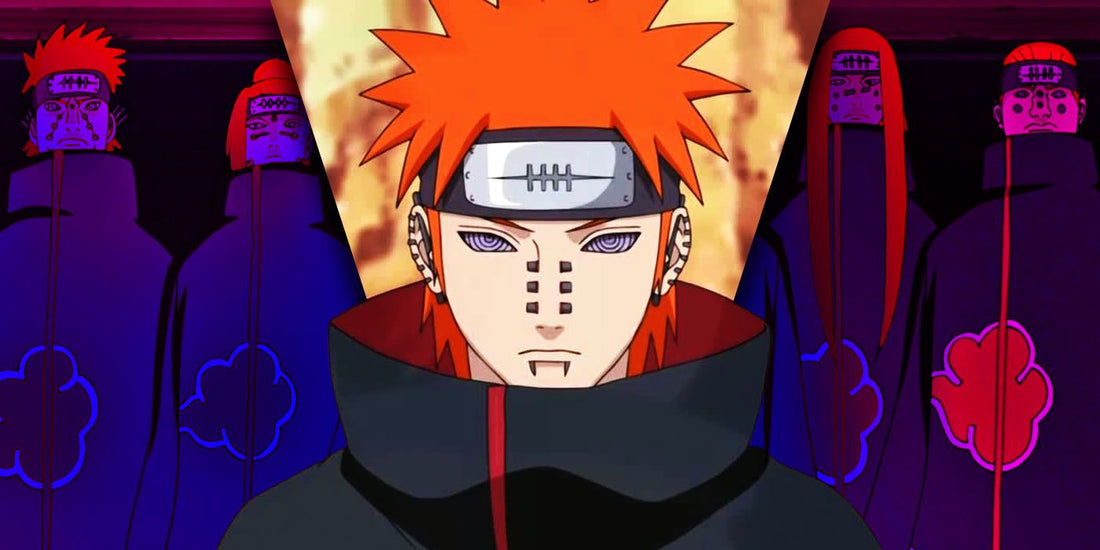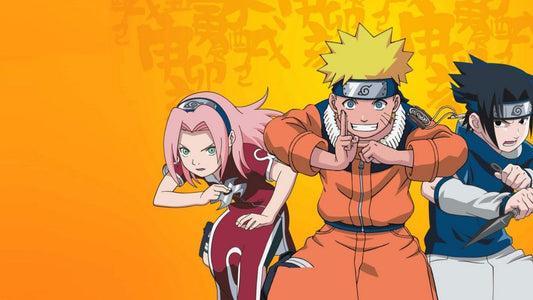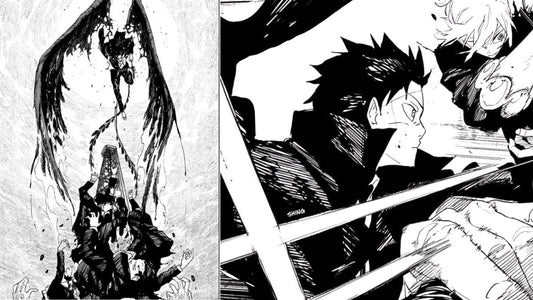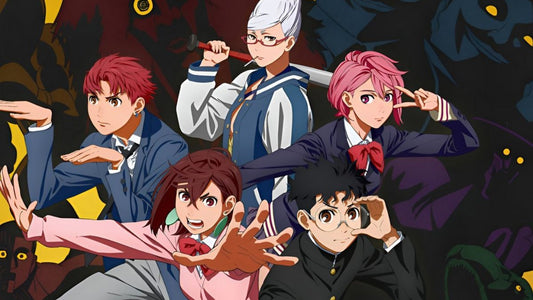
Exploring Pain's Philosophy and Impact in "Naruto": Understanding Through Suffering
Jared JohnsonShare
Introduction
Pain, also known as Nagato, stands as one of the most complex and formidable villains in the "Naruto" series. After enduring profound loss and grief as a child, Pain rebranded himself with a new purpose: to bring true understanding through pain and suffering. His philosophical speeches exploring themes like war, peace, and humanity have deeply resonated with fans, making Pain not just an antagonist, but a character with a story that compels empathy and reflection.
Pain's Philosophy: War, Power, and Peace
Pain’s ideology is rooted in his interpretation of pain as a teaching tool. His belief that true understanding comes from shared suffering suggests a cycle where enduring pain can foster peace. Though dramatic and tragic in execution, Pain vocalized valid concerns about human nature and society:
- "All Is Meaningless Before Overwhelming Power." This statement highlights the often mindless pursuit of power that nations engage in, leading to deep societal issues. He criticizes the shallow calm that arises from peace, reflective of situations where true suffering is forgotten.
- "Pain will give rise to momentary peace." The idea that suffering can lead to temporary calm suggests a never-ending cycle of chaos and tranquility. Pain believed regular occurrences of devastation were necessary to remind humanity of life's fragility.
Love, Sacrifice, and the Cycle of Hatred
Pain critiques love as a provider of vulnerability, arguing that it leads to hatred and, ultimately, pain. He reflects on how love-driven sacrifices are often misunderstood, leading to a cycle of vengeance:
- "Love breeds sacrifice, which in turn breeds hatred. Then you can know pain." This belief reveals his cynicism toward attachments, as seen through his tragic past with Yahiko and Konan. He argues that profound bonds lead to inevitable sacrifice and pain.
- "We are just ordinary people driven to revenge in the name of justice." Pain regards the endless pursuit of justice through revenge as a futile cycle fueled by pain. He argues that those seeking justice are often motivated by personal vendettas, perpetuating suffering.
Pain's Teachings: Realizations and Despair
Pain's teachings confront the harsh realities of suffering, the essence of which he believes is necessary for growth and understanding:
- "Those who do not understand true pain can never understand true peace." This quote encapsulates his philosophy that only through the experience of suffering can one aspire to comprehend and cherish peace.
- "The world will know real pain." Here, Pain declares his mission to subject the world to agony, believing this to be a wake-up call necessary for avoiding future conflicts. However, it is a reflection of his belief in an endless cycle of conflict.
Conclusion
Pain’s ideological journey is one of tragic miscalculation rooted in past experiences. Although his methods were brutal, his insights compelled reflection about human nature, suffering, and the potential for understanding through shared sacrifice. Through Pain, the "Naruto" series delves into the shadows of grief and trauma, but also hints at redemption and hope — themes that continue to resonate deeply with audiences. Despite his villainous role, Pain remains an enduring reminder of the complexities of human emotions and the paths individuals take when seeking understanding in a chaotic world.



